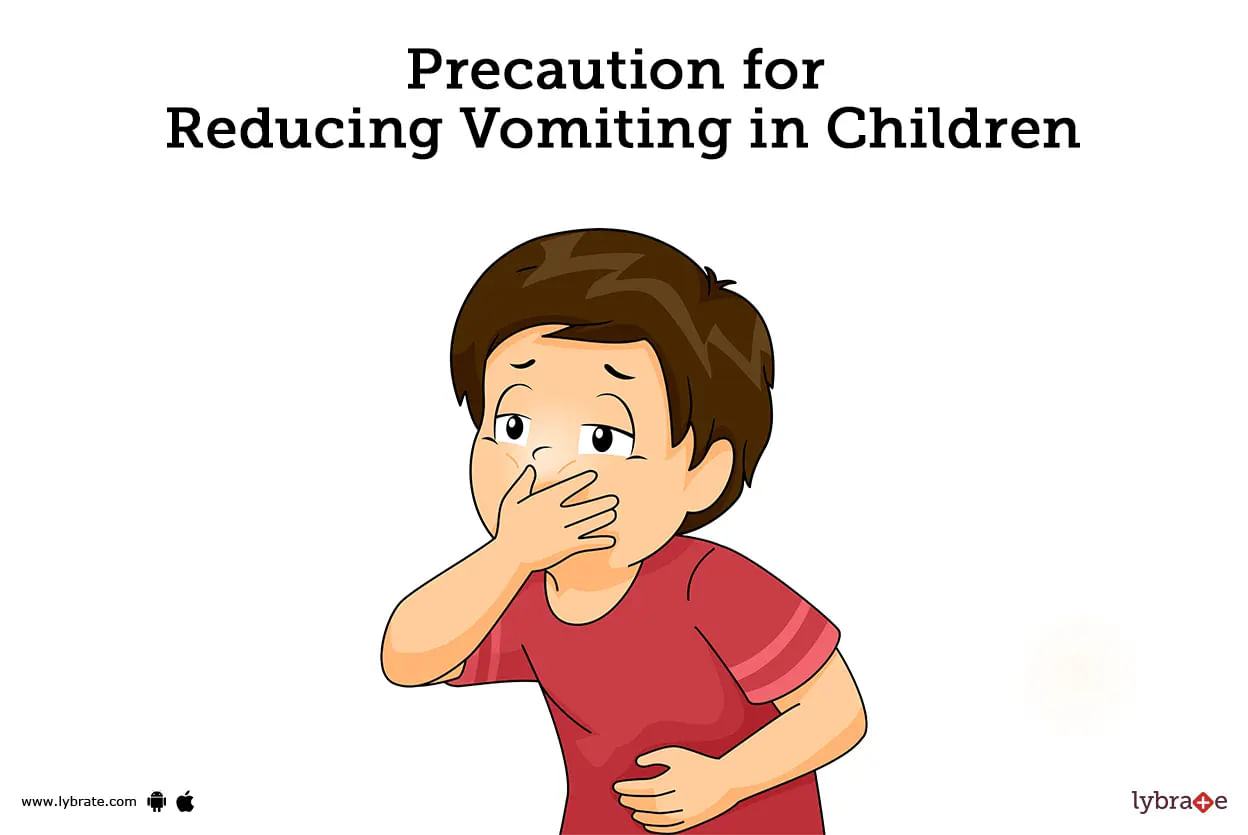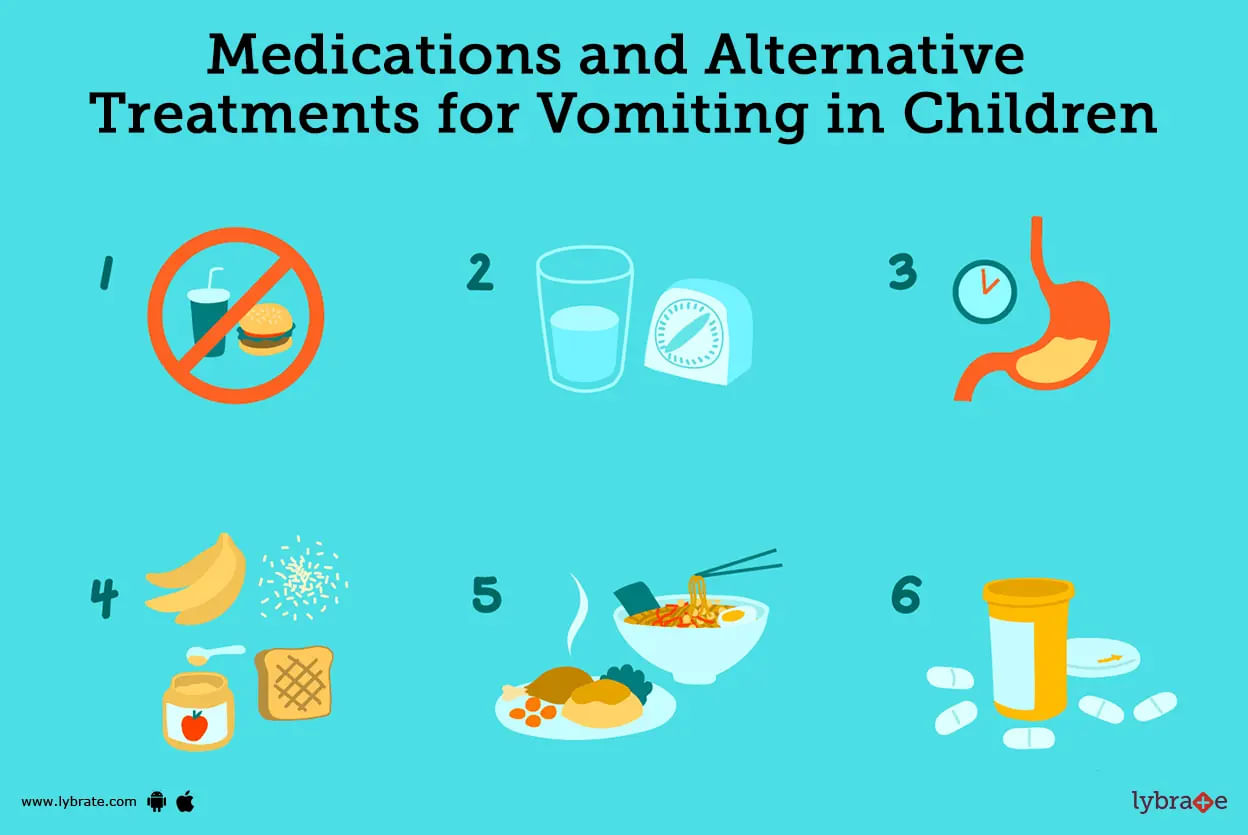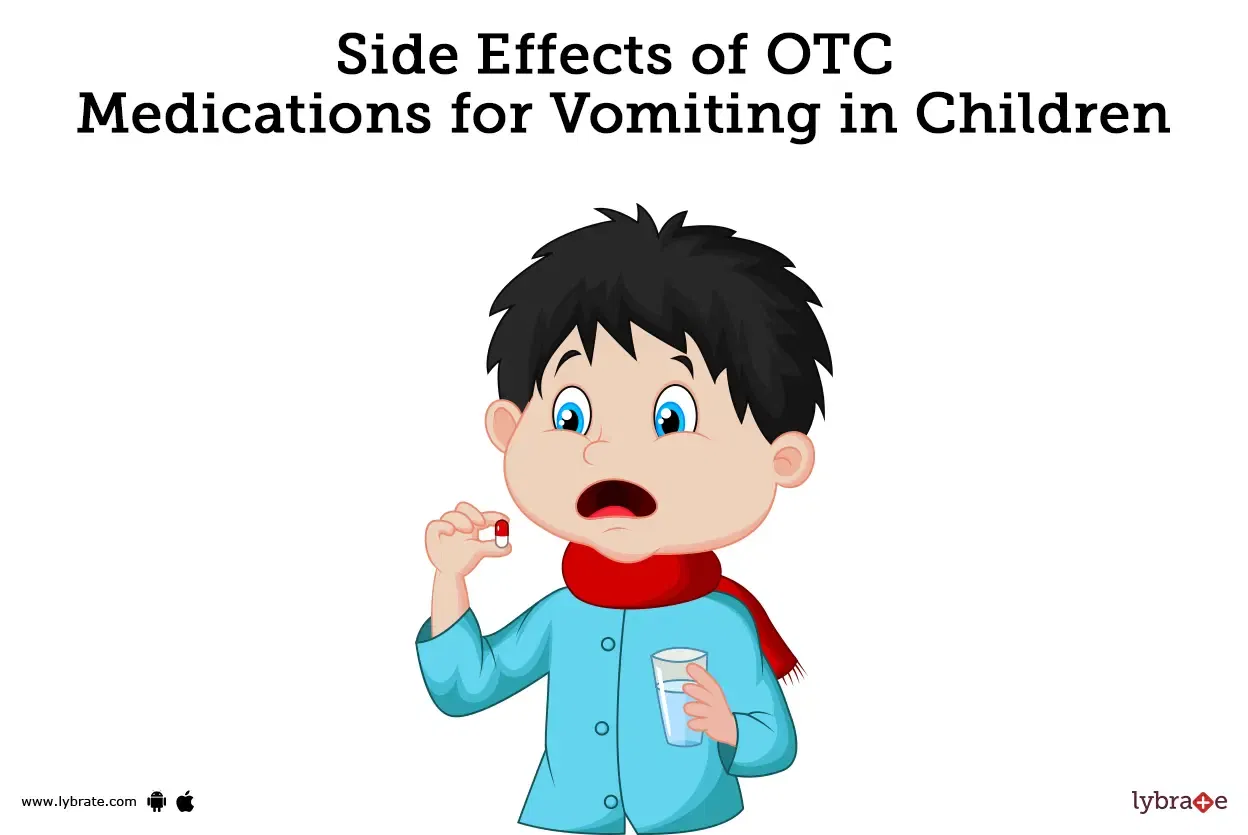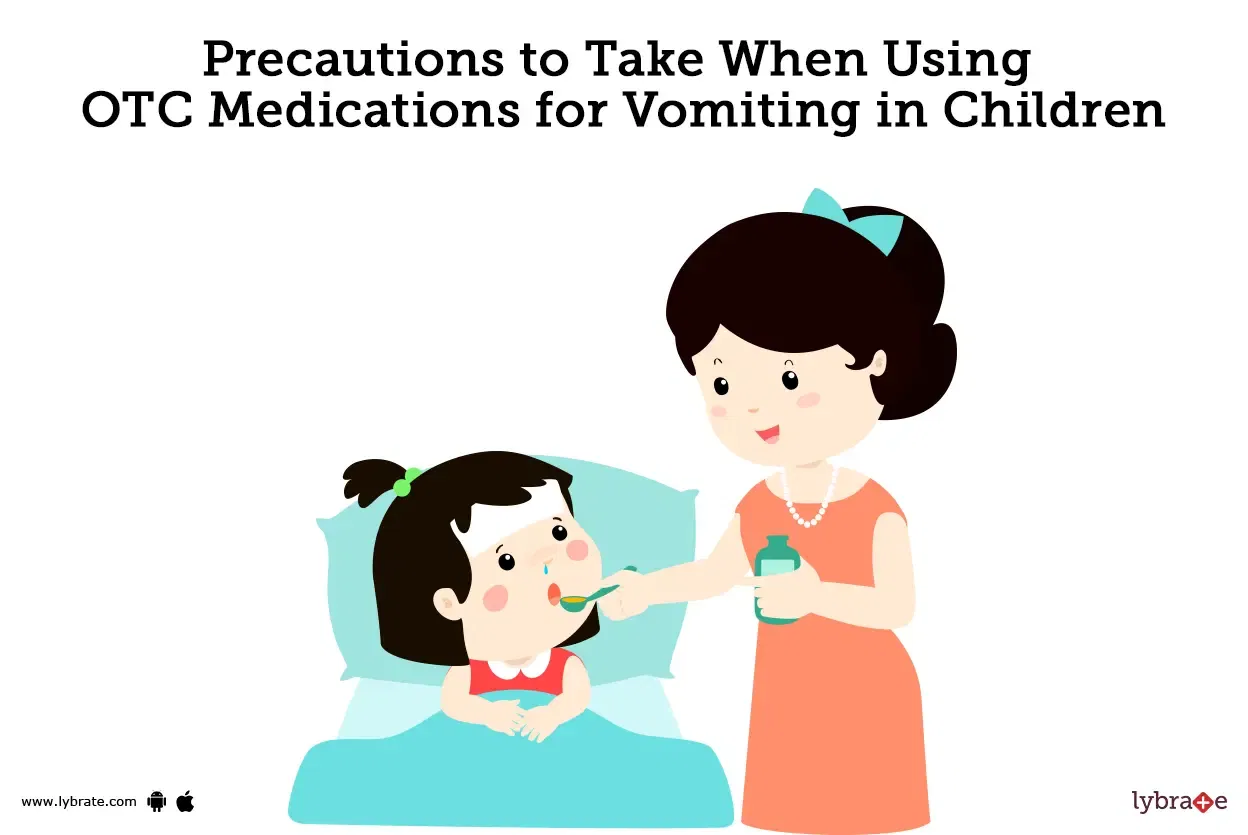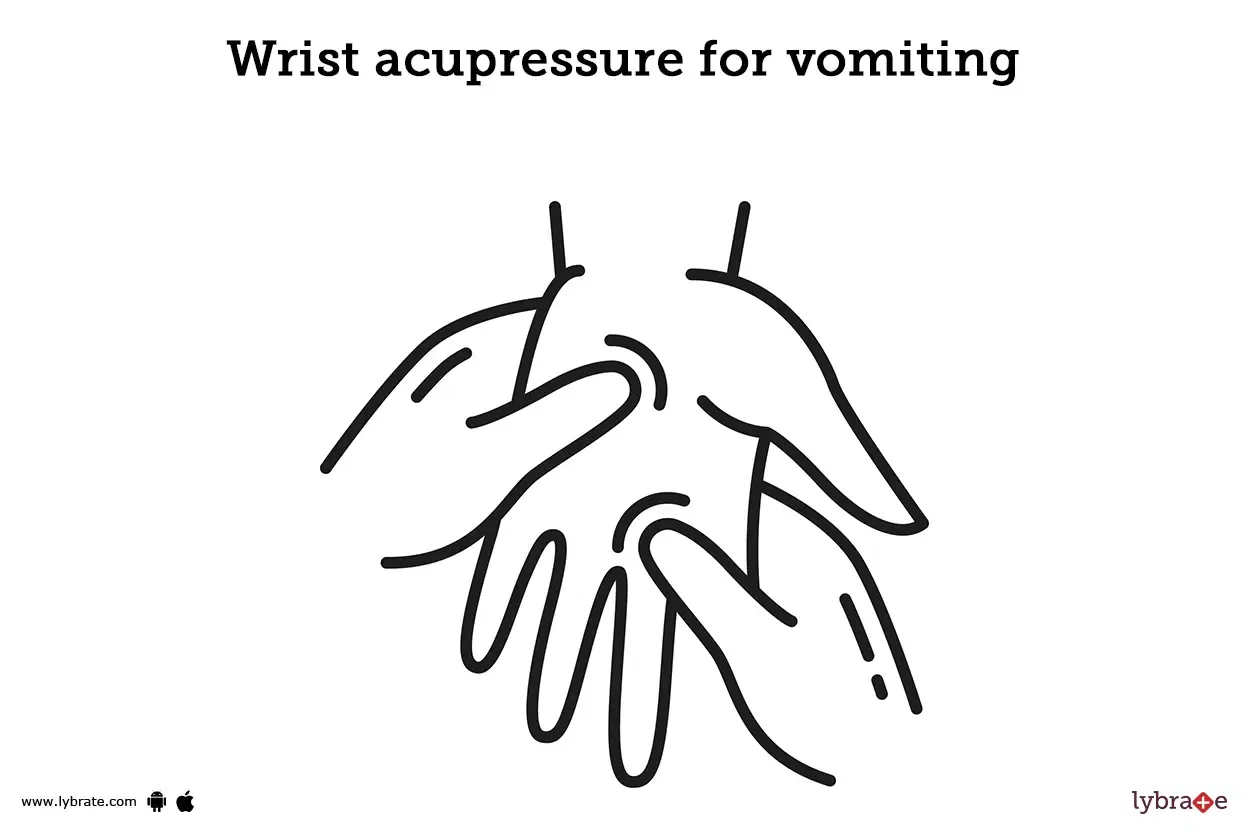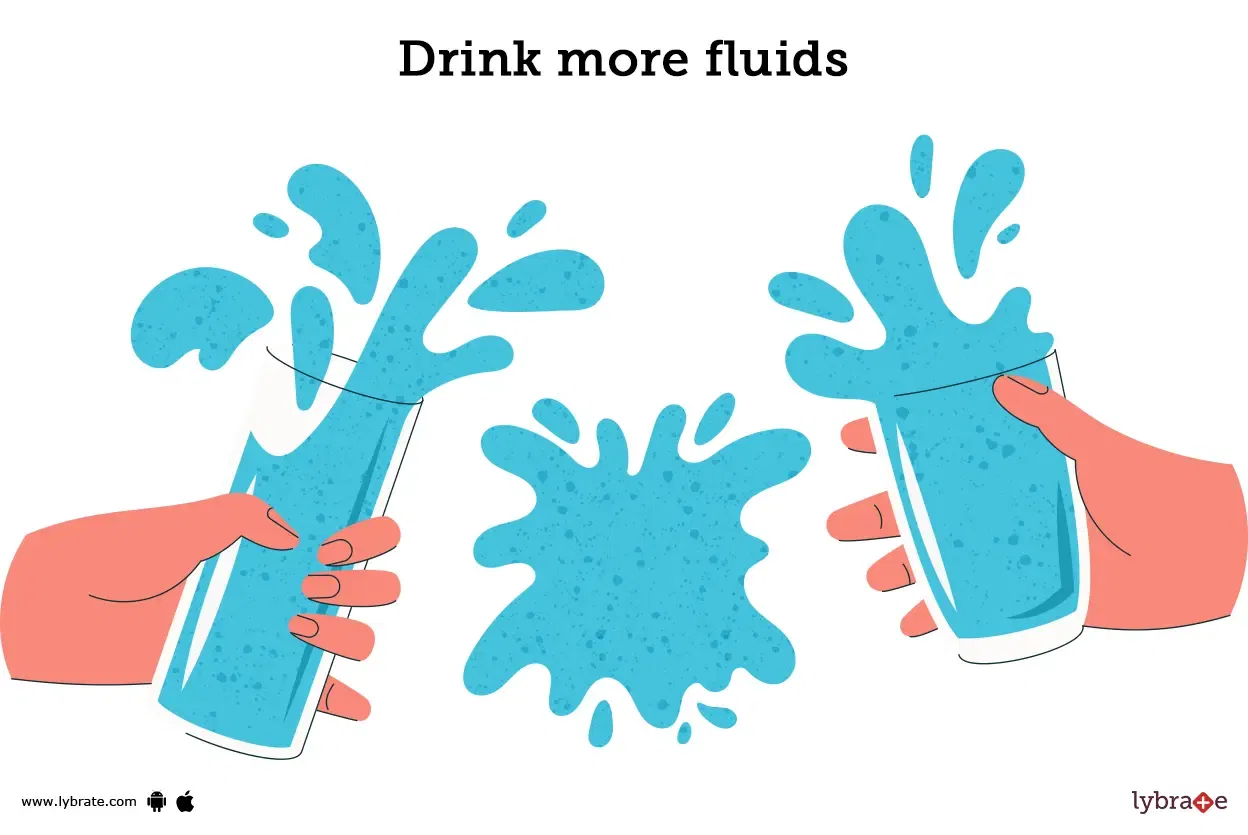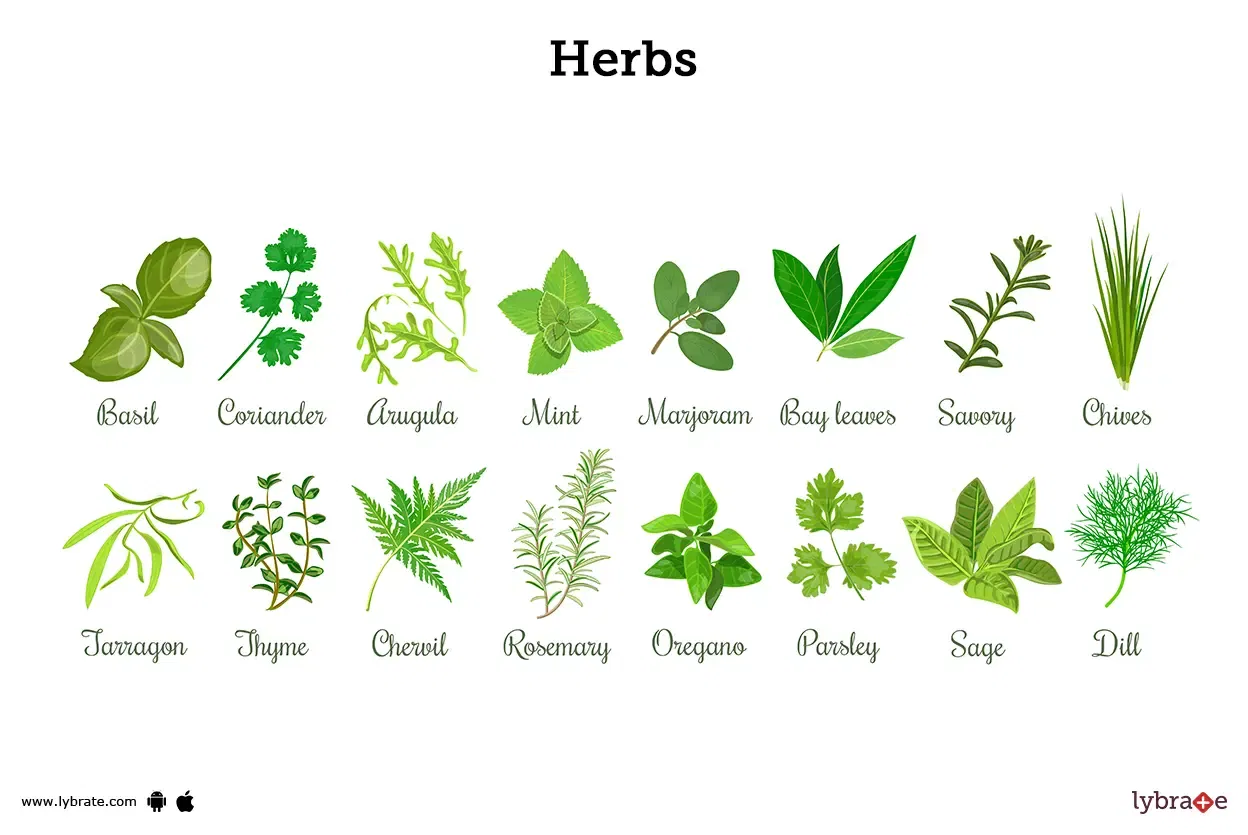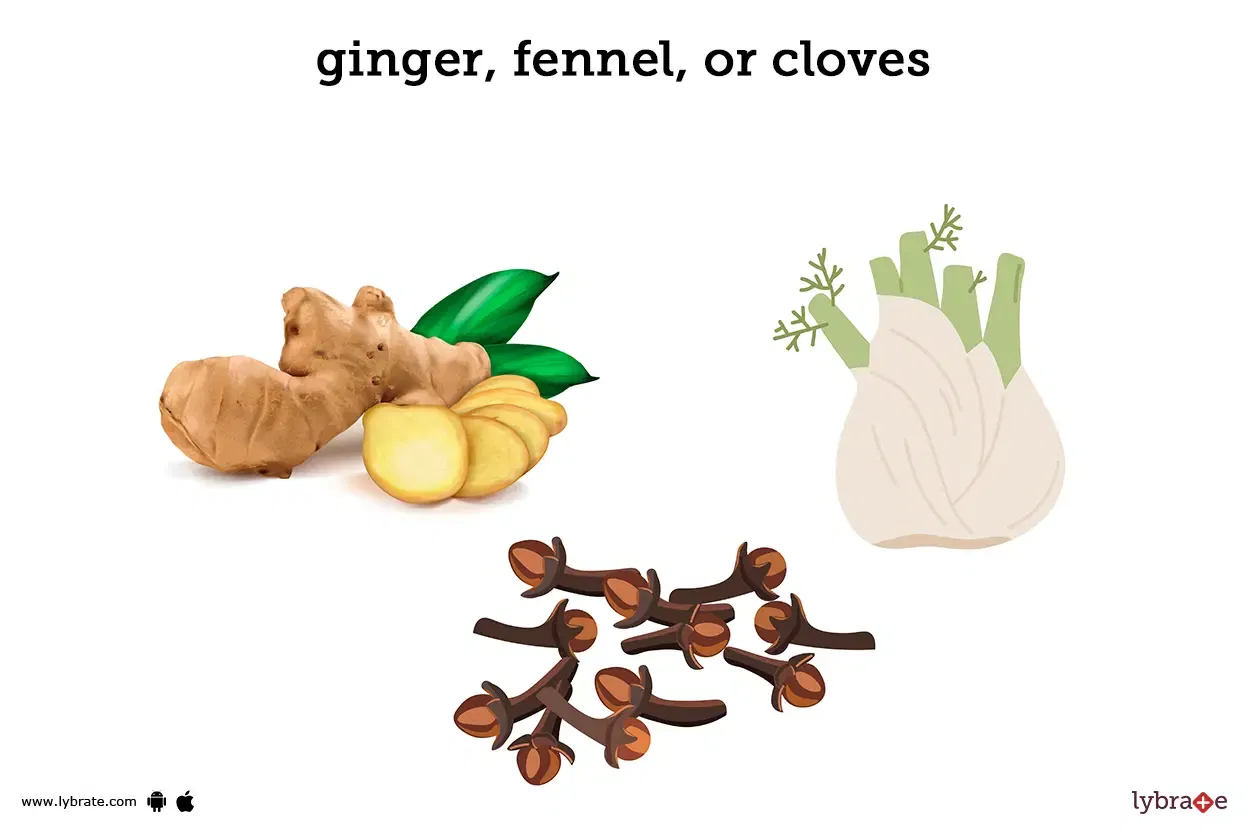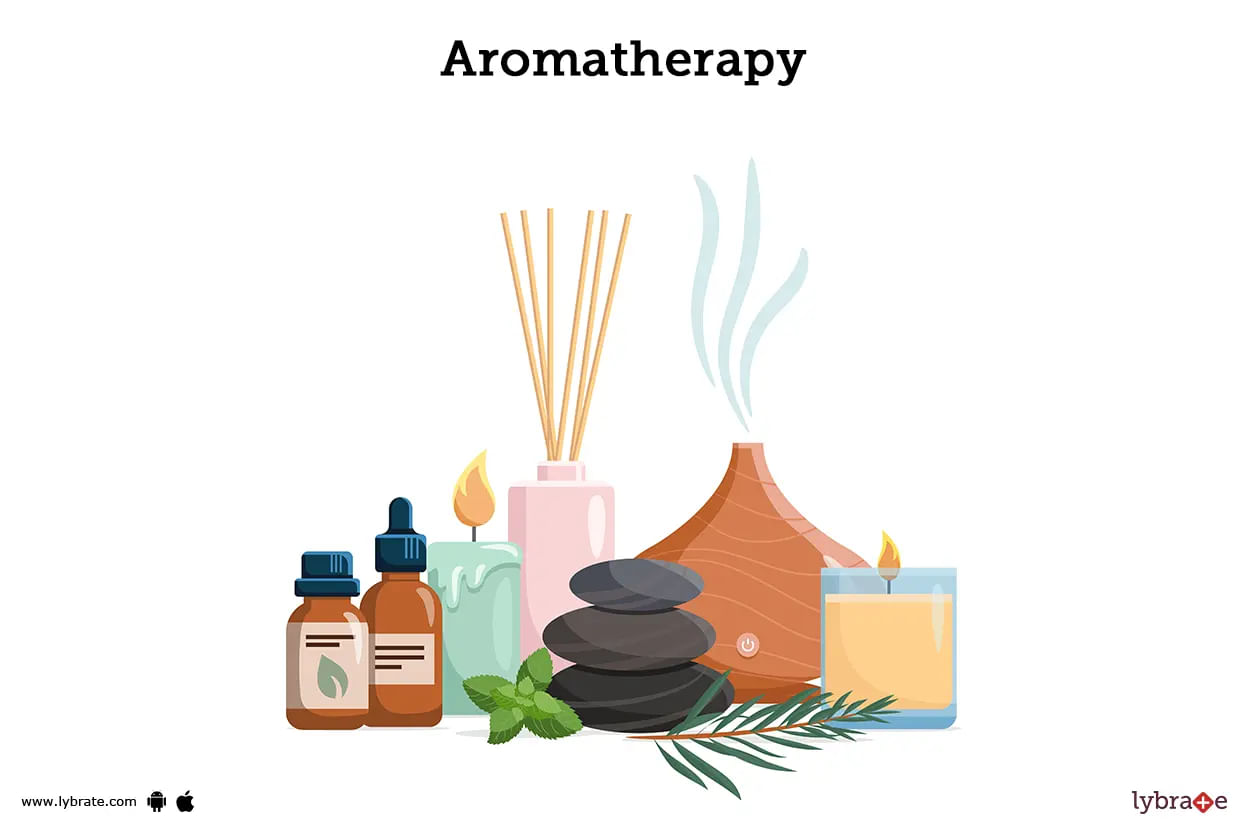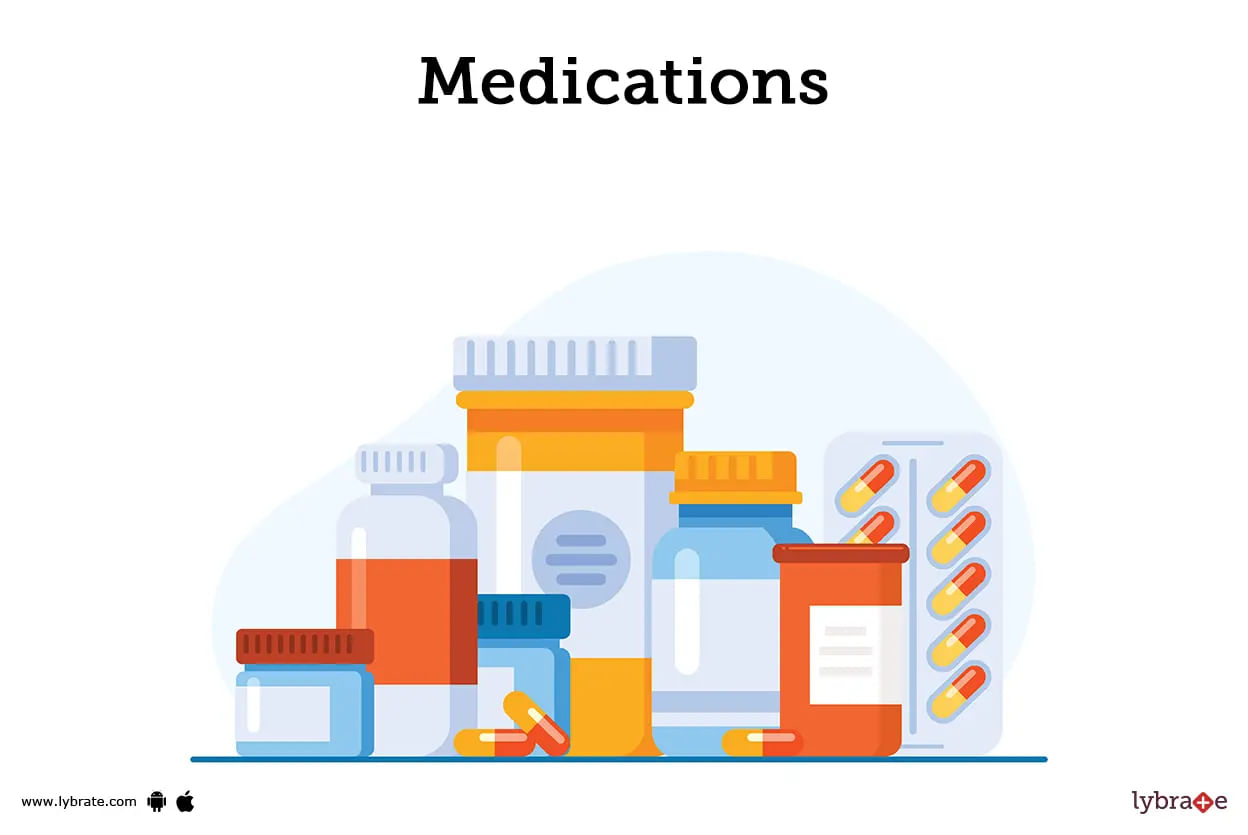How To Stop Vomiting Remedies
Nausea and vomiting can be debilitating experiences that can disrupt your daily routine and leave you feeling drained. While these symptoms may be caused by a variety of factors, such as motion sickness, food poisoning, or pregnancy, the good news is that there are a number of effective remedies that can help alleviate them.
From over-the-counter medications and home remedies, to acupressure and aromatherapy, there are a variety of options available to help stop vomiting and nausea. This guide will explore the causes of nausea and vomiting, provide tips and remedies for dealing with these symptoms in infants, and explain the benefits and potential risks of various treatments. By the end of this guide, you will have a better understanding of how to effectively manage and prevent nausea and vomiting.
Part
1
Causes of nausea
Depending on the individual, several things can trigger nausea. Some common causes include;
- Food allergies
- Food poisoning
- Gastroesophageal reflux disease (GERD)
- Intestinal infections
- Intestinal obstruction
- Medication side effects
- Migraines
- Morning sickness
- Motion sickness
- Stress and anxiety
- Ulcers
Part
2
Causes of vomiting
Similarly, vomiting can also be caused by a variety of factors. It is often related to the underlying cause of nausea, such as acute illnesses like gastroenteritis or long-term conditions like GERD. It is important to note that the brain, rather than the stomach, controls the act of vomiting, which is often the body's way of removing harmful substances like bacteria. It is also possible to feel sick without throwing up. After vomiting, nausea may occasionally go away.
Part
3
Vomiting in Children
Children frequently experience vomiting, which can be brought on by viral diseases. Most of the time, there is no need for medical attention, but it is crucial to keep an eye on how severe the vomiting is. To help reduce vomiting in children, it's best to start by modifying their diet. For the first 24 hours, it's best to avoid solid foods and instead offer ice chips, water, electrolyte solutions, or popsicles. This can help prevent dehydration and further vomiting.
1
Precaution for Reducing Vomiting in Children
It's crucial to see a doctor or pediatrician if your child is also vomiting fluids. A pediatrician may advise a liquid diet for 12 to 24 hours to prevent vomiting and dehydration. It's better to have your child lay on their side to reduce the chance that they will accidentally breathe vomit into their airways.
2
Medications and Alternative Treatments for Vomiting in Children
Children should not be given medications or alternative therapies without a doctor's approval. Treatment for vomiting depends on the underlying cause, and it's best to avoid taking medications without consulting a doctor first.
Over-the-counter (OTC) drugs such antiemetics may be utilized, to prevent nausea, vomiting, and upset stomach.
Medications like Pepto-Bismol and Kaopectate, which contain bismuth subsalicylate, can provide protection to the stomach lining and are also effective against the food poisoning-related vomiting
3
Side Effects of OTC Medications for Vomiting in Children
Other over-the-counter antihistamines, such as dimenhydrinate (Dramamine) and meclizine (Bonine, Travel-Ease), can help prevent vomiting brought on by motion sickness by obstructing the H1 histamine receptors that trigger vomiting. However, these drugs could have unwanted effects like dry mouth, hazy vision, and sleepiness.
4
Precautions to Take When Using OTC Medications for Vomiting in Children
Before taking any over-the-counter medications for nausea and vomiting, it's crucial to follow the dosage instructions on the product label, refrain from taking more than one antiemetic at once, and avoid giving products containing bismuth subsalicylate to children under 12 years of age or those who are sick with the flu or chickenpox because it can increase their risk for Reye's syndrome.
If you take other OTC or prescription medications, such as blood thinners, it's vital to contact a doctor or pharmacist about possible drug interactions. You should also find out if these medications are safe for underlying diseases like heart disease, asthma, or thyroid disease.
Part
4
Ways to help ease nausea and vomiting
From dietary modifications and home remedies to over-the-counter medications and alternative therapies, there are many effective ways to help alleviate nausea and vomiting. Keep on reading to learn about various remedies, and best practices for managing and preventing nausea and vomiting.
1
Eat bland foods and crackers
By absorbing stomach acids, dry crackers like saltines or soda crackers can aid with nausea. While recovering from a stomach ailment, bland foods like dry toast or white rice are also a smart choice to eat.
Foods that could aggravate the stomach more, such as those that are salty, hot, or greasy, should be avoided. As you begin eating solid foods, it's crucial to keep up your fluid intake to avoid being dehydrated.
2
Try deep breathing
Taking deep, controlled breaths can help reduce nausea and vomiting as it can activate the parasympathetic nervous system. Additionally, it may lessen any anxiety that comes with being ill.
3
Wrist acupressure for vomiting
Acupressure is a traditional Chinese medicine remedy that can help reduce nausea and subsequent vomiting, by applying pressure on the pressure point Neiguan (P-6), which is located on the palm side of the forearm close to the wrist.
4
Drink more fluids
When you throw up you lose a lot of fluids that you drink. Hence, it is important to keep yourself hydrated throughout the day. Sipping fluids slowly and avoiding drinking too much when your stomach is upset can help prevent more vomiting. Fluids that can help keep you hydrated and ease nausea include;
- Herbal or mint tea
- Lemonade
- Water
- Ice chips
- Popsicles
5
Herbs
Certain herbs can also be used to help alleviate nausea and vomiting. Chamomile, peppermint, ginger, and fennel are known to have anti-nausea properties. You can consume them as a tea, capsule, or tincture.
6
Try ginger, fennel, or cloves
The use of ginger supplements for treating and preventing nausea and vomiting in chemotherapy patients and pregnant women has been extensively examined and found to be both safe and beneficial.
While cloves have been used as a traditional cure for nausea and vomiting, fennel seeds may aid to soothe the digestive system. However, before using ginger or any other supplement, especially if you're pregnant or nursing, you should consult a doctor. When nausea comes, you might try carefully consuming a small piece of candied ginger or fresh ginger root. You can also try sipping tea made with ginger, fennel, or cloves.
7
Aromatherapy
You can use several essential oils to stop nausea and vomiting. There is evidence that lemon oil, ginger oil, and peppermint oil can all help with nausea. The oils can either be diffused with a few drops of water or inhaled directly from the container.
You can inhale the oils directly from the bottle or by adding a few drops to a diffuser. You can also add a few drops to a warm bath or massage a small amount into your wrists and temples.
8
Medications
Treatment options for nausea and vomiting include both over-the-counter and prescription drugs. Antiemetics like Pepto-Bismol and Kaopectate, which contain bismuth subsalicylate, as well as antihistamines like dimenhydrinate (Dramamine) and meclizine, are available over-the-counter (Bonine, Travel-Ease).
Prescription medications may include anti-nausea drugs like ondansetron and prochlorperazine, which are often used to treat nausea and vomiting caused by chemotherapy. A doctor's advice should always be sought before using any drugs.
9
See a doctor
If your nausea and vomiting are severe or prolonged, it's important to see a doctor. Additionally, it's important to see a doctor if you have other symptoms such as severe abdominal pain, blood in your vomit, or if you're unable to keep liquids down.
Part
5
Conclusion
Nausea and vomiting can be caused by a variety of factors, but there are many effective remedies that can help alleviate them. From over-the-counter medications and home remedies to acupressure and aromatherapy, there are many options available to help stop vomiting and nausea. A doctor should be seen if your symptoms are severe or persistent. By following the tips and remedies outlined in this guide, you will have a better understanding of how to effectively manage and prevent nausea.
Gurgaon!
Table of Content
Written and reviewed by
Hina Firdous
PhD (Pharmacology) Pursuing, M.Pharma (Pharmacology), B.Pharma - Certificate in Nutrition and Child Care
Ask a free question
Get FREE multiple opinions from Doctors

